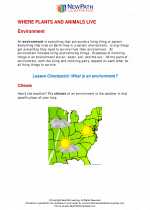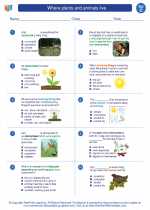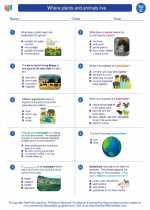Fungi
Fungi are a diverse group of organisms that play important roles in the environment and in human society. They are eukaryotic organisms, meaning their cells have a nucleus and other membrane-bound organelles. Fungi can be found in a variety of habitats, including soil, water, and as symbionts in plants and animals.
Characteristics of Fungi
1. Cell Structure: Fungi are made up of filaments called hyphae, which form a network called mycelium. The cell wall of fungi is made of chitin.
2. Nutrition: Fungi are heterotrophic, meaning they obtain their nutrients by absorbing organic compounds from their environment. They can be decomposers, parasites, or mutualists.
3. Reproduction: Fungi can reproduce both sexually and asexually. Asexual reproduction occurs through the production of spores, while sexual reproduction involves the fusion of specialized reproductive cells.
Roles of Fungi
1. Decomposition: Fungi play a crucial role in breaking down organic matter, such as dead plants and animals, and recycling nutrients back into the ecosystem.
2. Symbiotic Relationships: Fungi form symbiotic relationships with plants, providing them with nutrients in exchange for carbohydrates. This mutualistic relationship is essential for the health of many plant species.
3. Food Production: Fungi are used in the production of various foods and beverages, such as bread, cheese, and beer.
Study Guide Questions
- What is the cell structure of fungi?
- How do fungi obtain their nutrients?
- What are the two methods of reproduction for fungi?
- Explain the role of fungi in decomposition.
- Give an example of a symbiotic relationship involving fungi.
- How are fungi used in food production?
[Fungi] Related Worksheets and Study Guides:
.◂Science Worksheets and Study Guides Third Grade. Where plants and animals live

 Worksheet/Answer key
Worksheet/Answer key
 Worksheet/Answer key
Worksheet/Answer key
 Worksheet/Answer key
Worksheet/Answer key
 Vocabulary/Answer key
Vocabulary/Answer key
 Vocabulary/Answer key
Vocabulary/Answer key
